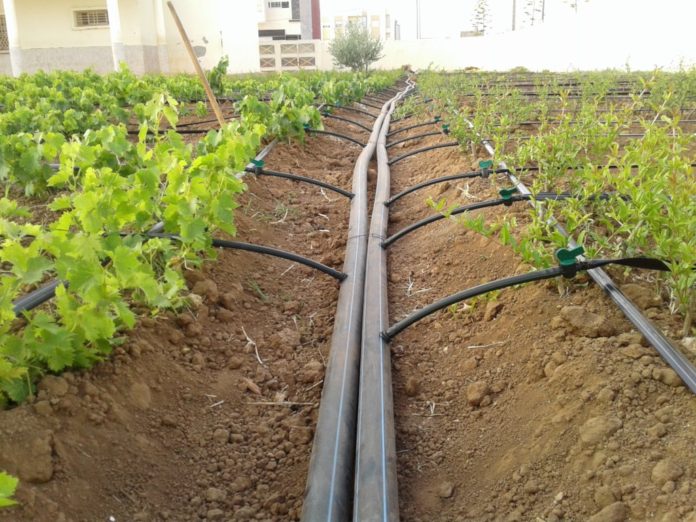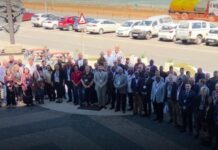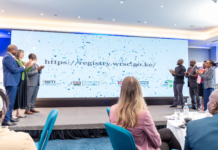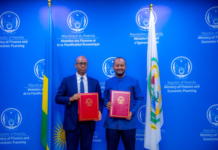The Resilience and Sustainability of Irrigation Water (REDI) are set to rehabilitate irrigation systems in three regions in Morocco.
The project aims to rationalize the use of water resources through modern irrigation systems. According to the United Nations (UN), Morocco is already considered to be under water stress with only 500 m3 of fresh water per capita per year, compared to 2,500 m3 in 1960 and the situation is expected to worsen.
The irrigation project will be implemented by Moroccan Ministry of Agriculture, Maritime Fisheries, Rural Development and Water and Forests and World Bank will finance all the work, in accordance with an agreement signed with the Moroccan government.
Scope of work
It will cover the regions of Tadla, Casablanca-Settat and Souss-Massa. The aim is to strengthen water management in the agricultural sector, reinforce irrigation and drainage services, and improve access to advisory services and plot-based irrigation technologies.
In the Talda region of central Morocco, the Redi project will build new pressurized irrigation networks to replace existing open ones. A water conveyance canal in the Talda area will also be upgraded.
In Chtouka, in the Casablanca-Settat region, the Redi project will install water meters on 9,000 boreholes for better management of the water table. A private partner will be hired, via a management contract, to install this equipment as well as supervise water withdrawals, according to the Moroccan authorities.
In Souss-Massa, the Moroccan government plans to renovate the main pumping station (SP1), rehabilitate the main canal, renovate the distribution networks and renew the irrigation hydrants in the sectors not yet equipped. The government hopes to improve the irrigation of a total area of over 18,000 hectares.








